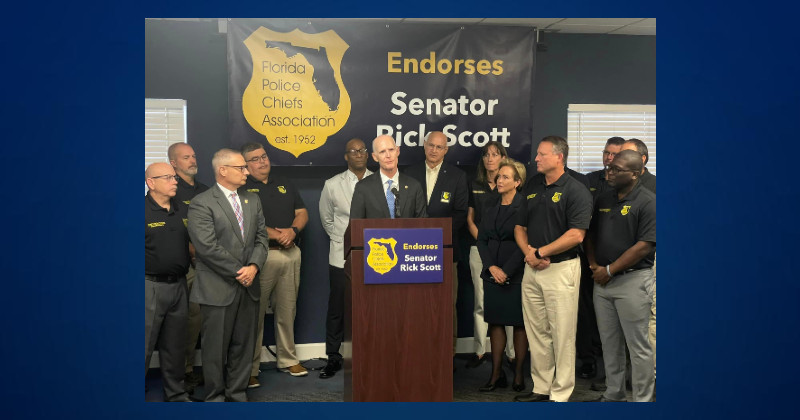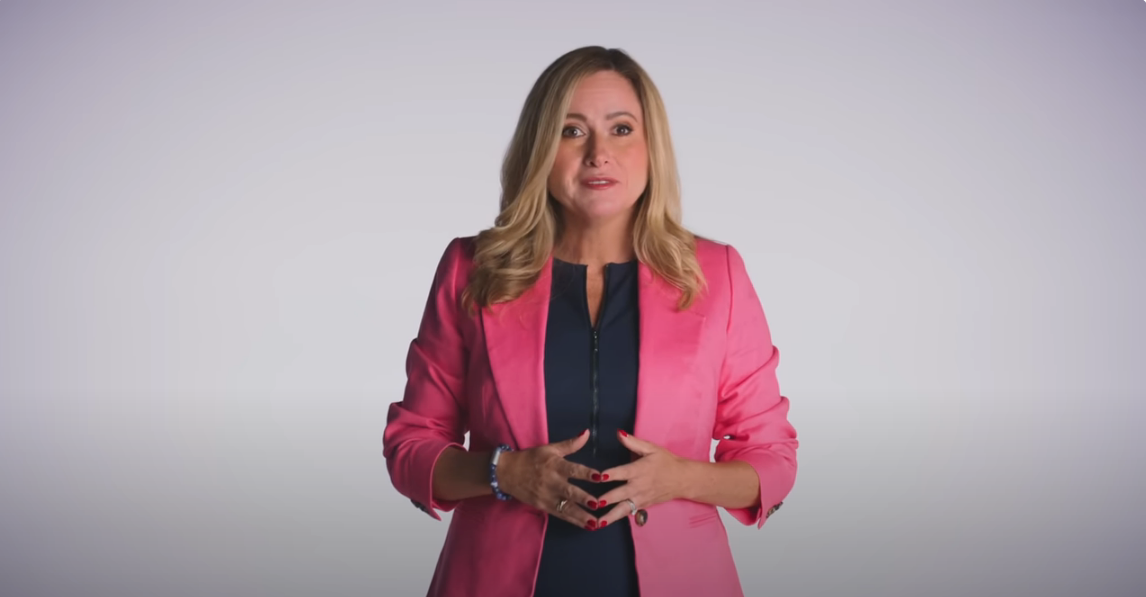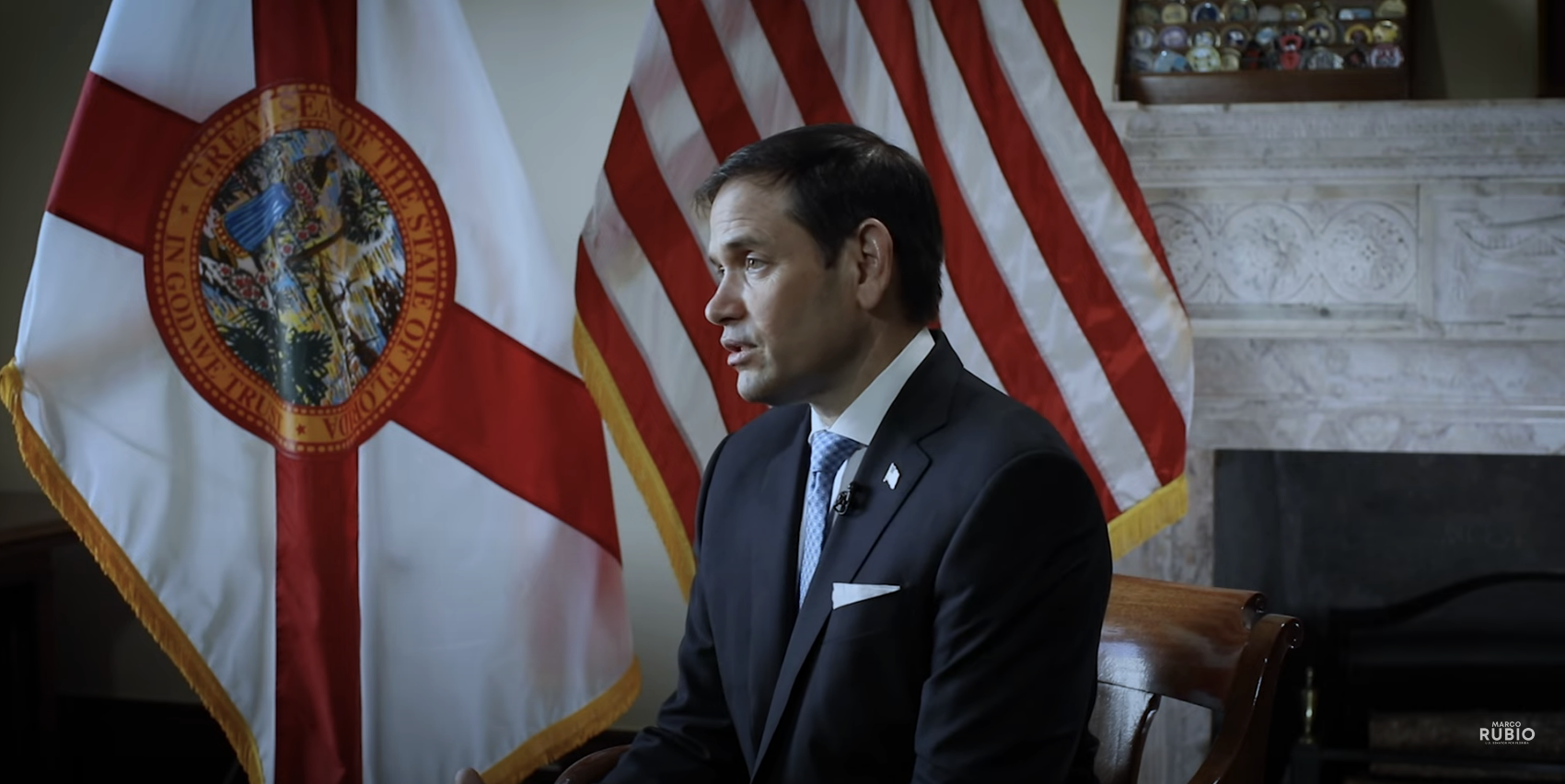This week, U.S. Rep. Debbie Mucarsel-Powell, D-Fla., introduced the “Bringing Additional Nurses to the Fight Act” which, she claims, will “expedite the process for foreign-trained physicians to become nurses and address the healthcare worker shortage in the U.S., which has been exacerbated by the COVID-19 crisis.”
Mucarsel-Powell, who served as the associate dean of Florida International University’s (FIU) College of Health, introduced showcased the bill on Monday.
“The COVID-19 pandemic has highlighted a lot of issues in our health care system, including how woefully unprepared and understaffed hospitals are for responding to a pandemic,” said Mucarsel-Powell. “I frequently hear from constituents who were respected physicians in their home countries but are working non-health care jobs in the U.S. because the process to become certified here is often inaccessible. South Florida has a great pool of internationally-trained doctors and medical professionals who stand ready to serve during this time of crisis and fill the gap in our health care workforce. My much-needed bill would engage and empower this medically-educated group so they can assist in life-saving efforts during times of crisis like this.”
The bill “provides Institutions of Higher Education with the funding needed to create or expand Accelerated Option programs to provide those with prior background or coursework in medical fields with a 12 to 14-month path to a nursing credential.”
Mucarsel-Powell’s bill was sent to the U.S. House Energy and Commerce Committee. So far, she has not reeled in any cosponsors. There is no companion bill in the U.S. Senate.
Last month, Mucarsel-Powell showcased her support of U.S. Rep. Tony Cardenas’, D-Calif., proposal to have the U.S. Health and Human Services (HHS) Department create a task force “to examine the shortage situation, determine common obstacles for internationally-trained doctors to re-enter the medical field, and make recommendations to Congress.”
Mucarsel-Powell weighed in as to why she was cosponsoring the bill.
“As we face this unprecedented medical crisis, there is an entire untapped, skilled workforce of immigrants who could help us fight this pandemic on the medical front. These foreign-educated physicians living here in America want to help us address the shortages we are seeing at our medical facilities, and we are not in a position to turn away their help,” said Mucarsel-Powell.
Mucarsel-Powell insisted having more internationally-trained doctors practicing medicine would help in South Florida.
“South Florida has a great pool of internationally-trained doctors and medical professionals who stand ready to serve during this time of crisis. We need to explore ways to engage and empower this medically-educated group so they can assist in these life-saving efforts,” she said.
If the bill passes, the task force would examine the national shortage of physicians and how it is costing the federal, state and local governments. The task force would also see how many internationally-trained physicians are in the U.S. and why some of them are not practicing medicine. The task force would also be charged with making “recommendations to Congress to ease barriers to re-entry into the medical field for these individuals.”
The South Florida congresswoman’s office noted that 17 percent of healthcare personnel working in the U.S. are immigrants, including almost a quarter of all doctors and cited statistics from Association of American Medical Colleges which found the “physician shortage could expand to nearly 122,000 clinicians by 2032, including a shortfall of about 55,000 primary care physicians.”
“Internationally-trained doctors are more likely to practice primary care medicine, more open to working in rural and low-income areas, and are also multilingual and multicultural. According to the Educational Commission for Foreign Medical Graduates (ECFMG), there are roughly 7,000 – 9,000 immigrant physicians applying every year with about 53 percent overall succeeding in being placed into residency slots. Internationally-trained physicians make up a disproportionate number of residency positions filled in primary care fields and underserved areas,” the congresswoman’s office noted.
Reach Kevin Derby at kevin.derby@floridadaily.com.













